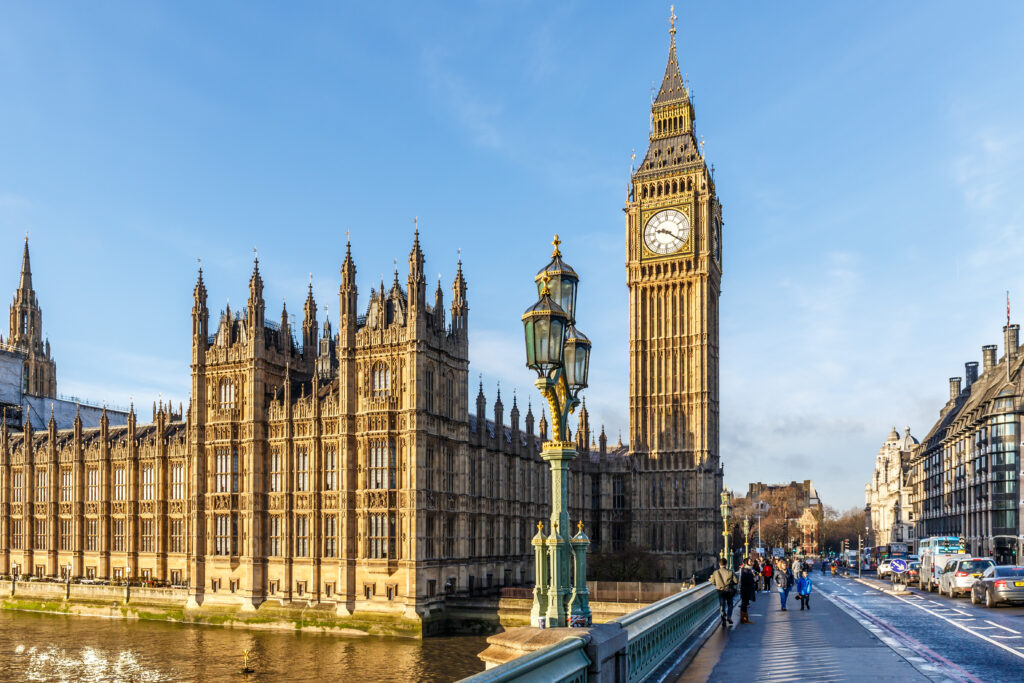
The goals were set out in a speech made to the UNECE, which is a committee established to promote economic cooperation among its member states, at its Commission Session 2021.
The speech was made by the UK ambassador and deputy permanent representative to the UN, Miriam Shearman.
The ambassador explained that the UK’s core focus remains to move away from a linear ‘take, make, use, throw’ model, to a more resource-efficient circular economy.
Ms Shearman went on to outline the main aims of the Resources and Waste Strategy, which she said are to:
• Work towards all plastic packaging placed on the market being recyclable, reusable or compostable by 2025
• Work towards eliminate food waste to landfill by 2030
• Eliminate avoidable plastic waste by 2042
• Double resource productivity by 2050
•Eliminate avoidable waste of all kinds by 2050
Environment Bill
In the speech, Ms Shearman told the committee that the Environment Bill, delayed until the next parliamentary session, is a “landmark piece of legislation” which outlines system changes that are “vital” to meeting climate objectives.
“The potential benefits from a circular economy are substantial, from combatting climate change to protecting nature”
She said: “The Bill will introduce measures to fundamentally change the way government, businesses and individuals produce and consume products.
“It will make producers more accountable for the environmental impacts of their products; require a consistent set of materials to be collected for recycling from all households and businesses in England; set eco-design standards to increase product durability, repairability and recyclability and introduce charges on single-use plastic items.”
Circular economy
Ms Shearman said that the theme of the session, which was ‘promoting circular economy and sustainable use of natural resources in the UNECE region’ is now “more important than ever” as the UK works to “build back better” from the pandemic.
She explained: “The potential benefits from a circular economy are substantial, from combatting climate change to protecting nature. The International Resources Panel indicates that about half of carbon emissions and over 90% of biodiversity loss and water stress relate to extraction, processing and manufacture.”
She added that a sustainable future will require “global, regional and local collaboration”, and that the UNECE has an “important role to play”.
Closing the address, Ms Shearman said that the UK government remains “committed” to funding new research and sharing expertise internationally.
She continued: “Our Strategic Priorities Fund has allocated £30 million to establish five circular economy research centres and a central hub which will harness industry and academic expertise to help deliver a circular economy. The UK looks forward to working closely with other Members to advance this important work.”
Consultations and responses will be explored at the upcoming Resources & Waste Strategy Revisited Conference on 12 May, organised by letsrecycle.com. Click here for more details.









Subscribe for free